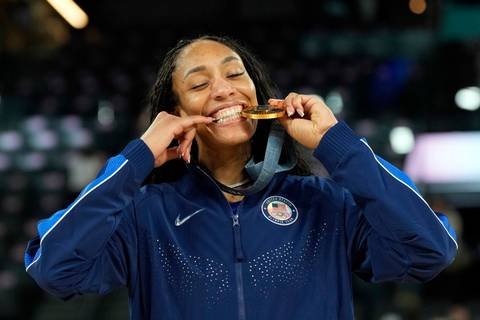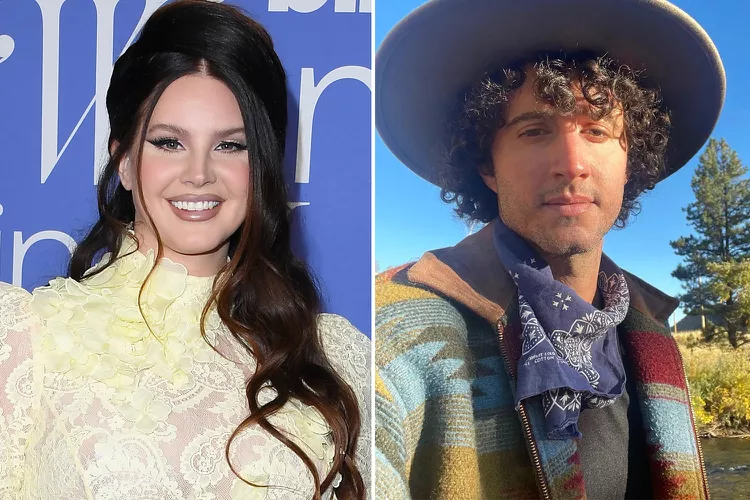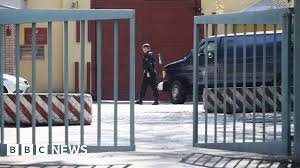
In the realm of NBA ownership, the Minnesota Timberwolves are currently embroiled in a contentious dispute between prospective owner Alex Rodriguez and longtime franchise governor Glen Taylor. The animosity between the two has reached a point where even attempted reconciliations are met with cold rejection. Sources reveal that Taylor’s efforts to extend greetings, even offering a hug, were firmly rebuffed by Rodriguez, signaling the depth of their discord.
The rift stems from Taylor’s abrupt reversal of the sale agreement with Rodriguez and his partner Marc Lore. What was supposed to be a smooth transition of ownership suddenly turned into a legal battleground. Rodriguez, fueled by his three-time American League MVP background, has launched a relentless offensive against Taylor’s decision, vowing to fight tooth and nail for control of the team.
As the ownership feud plays out in public view, the Timberwolves organization finds itself caught in the crossfire. The uncertainty surrounding who will ultimately govern the team has cast a shadow over what should be a celebratory time following the team’s successful season. With Taylor standing firm and Rodriguez refusing to back down, the situation has escalated into a personal battle at the top, leaving the entire organization in disarray.
For Timberwolves players like Anthony Edwards, navigating through this ownership turmoil presents an added challenge. With distractions abound, maintaining focus on the court becomes paramount to avoid derailing the team’s progress. Meanwhile, fans and stakeholders watch anxiously as the saga unfolds, hoping for a resolution that will bring stability back to the franchise.
In the midst of trade rumors and offseason speculations, the future of the Timberwolves remains uncertain. Until a resolution is reached between Rodriguez and Taylor, the team’s journey forward remains shrouded in ambiguity. As the standoff persists, one thing is clear: the battle for ownership control has far-reaching implications, not only for the Timberwolves but for the entire landscape of the NBA.




